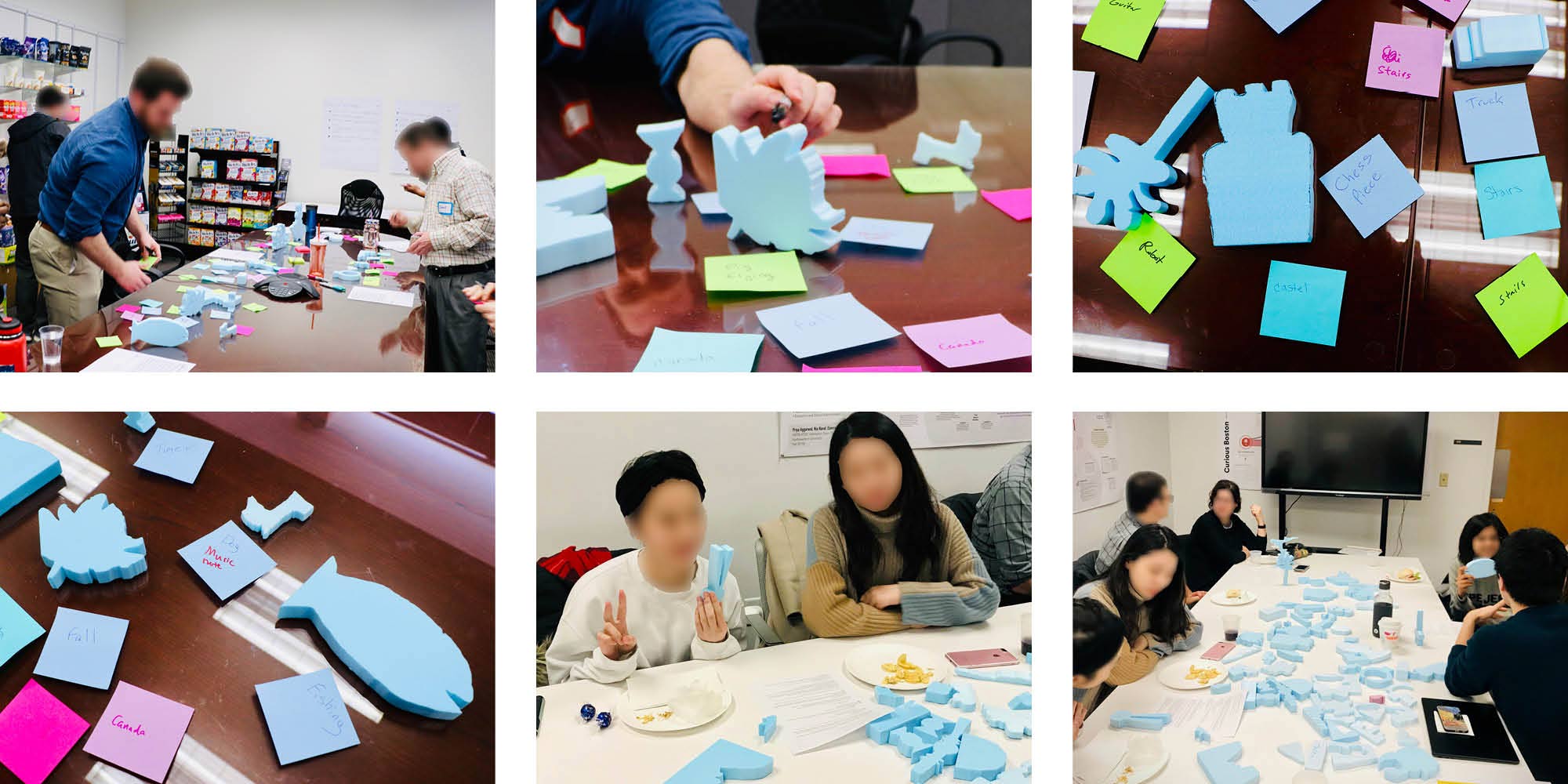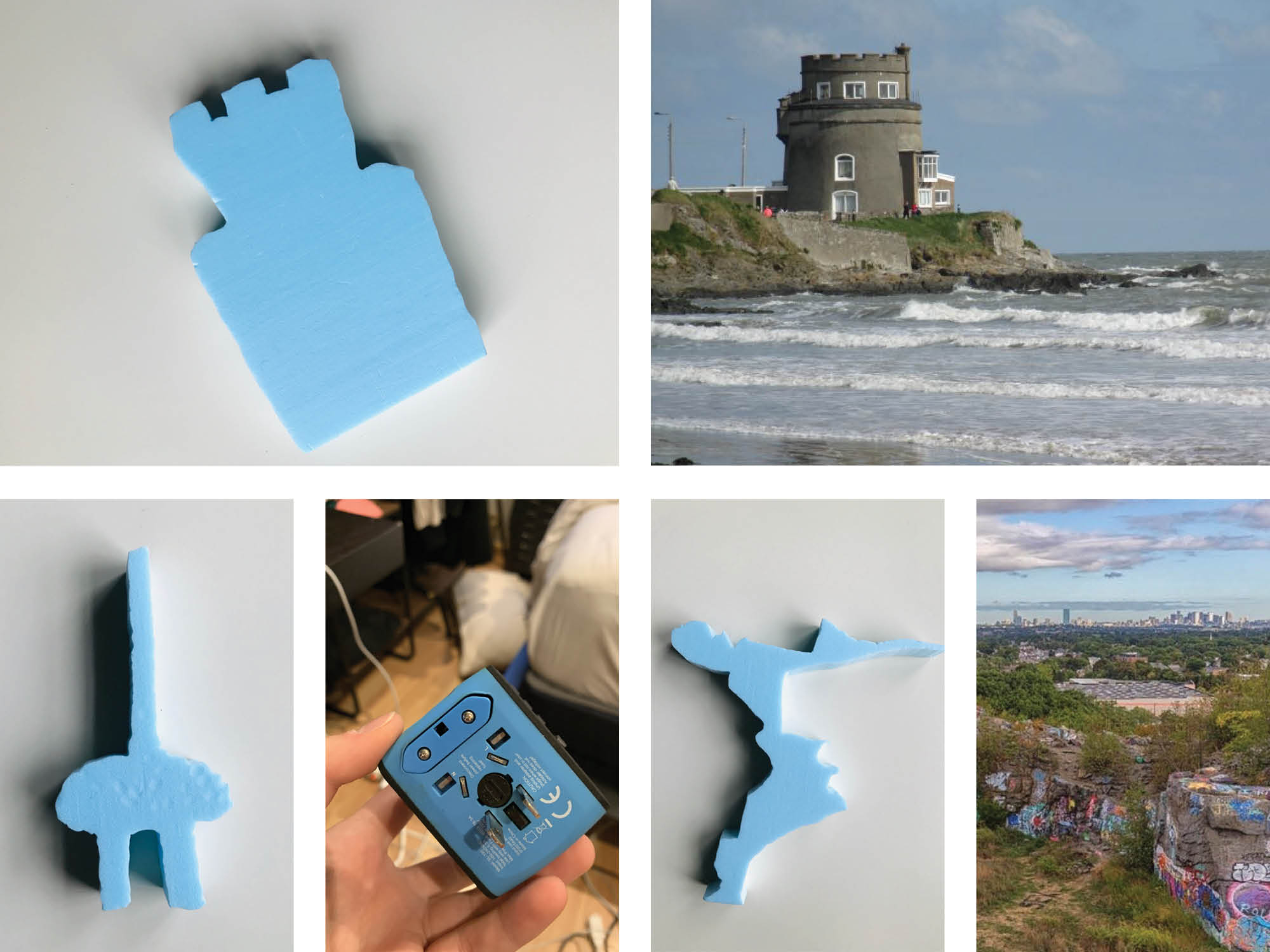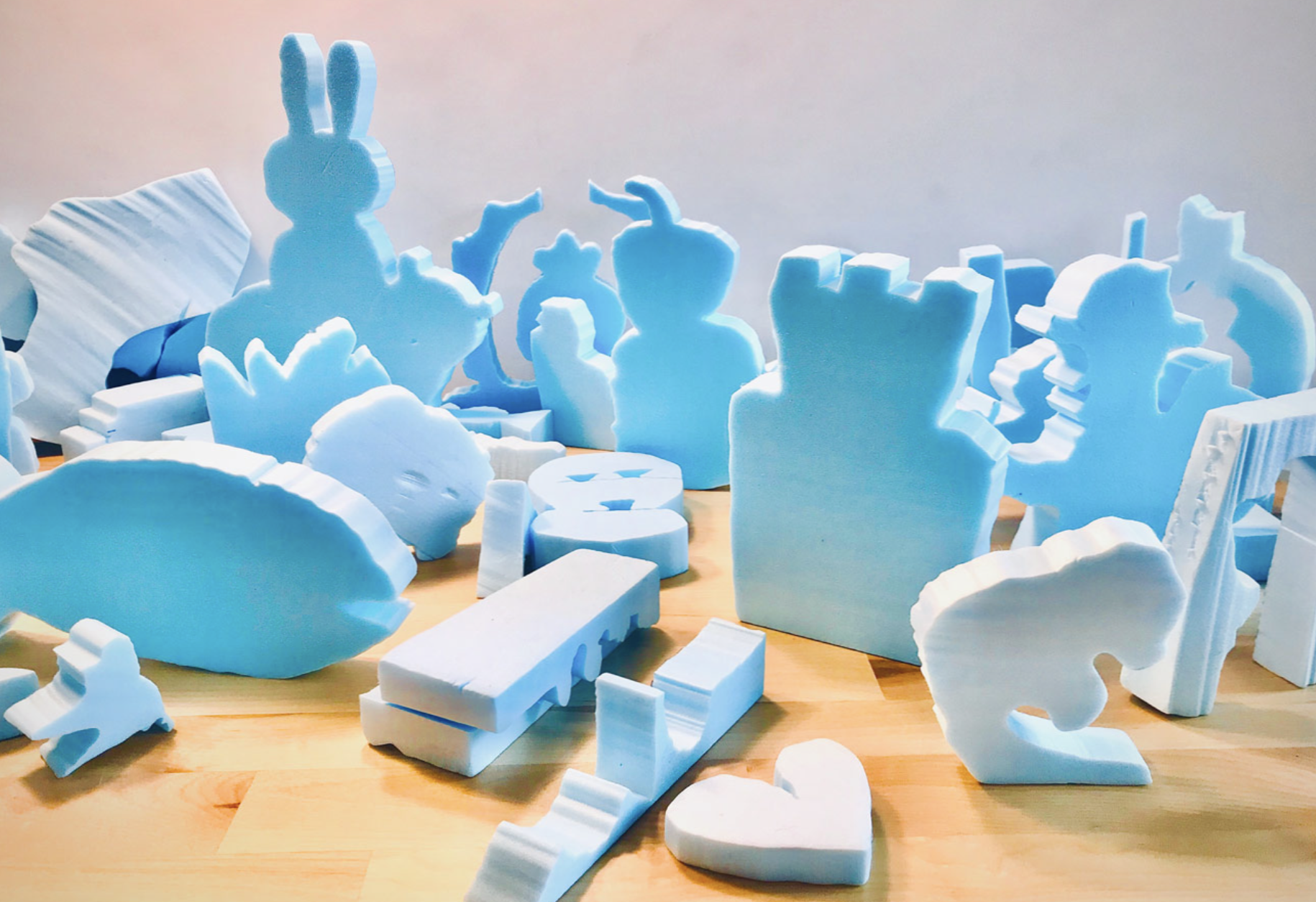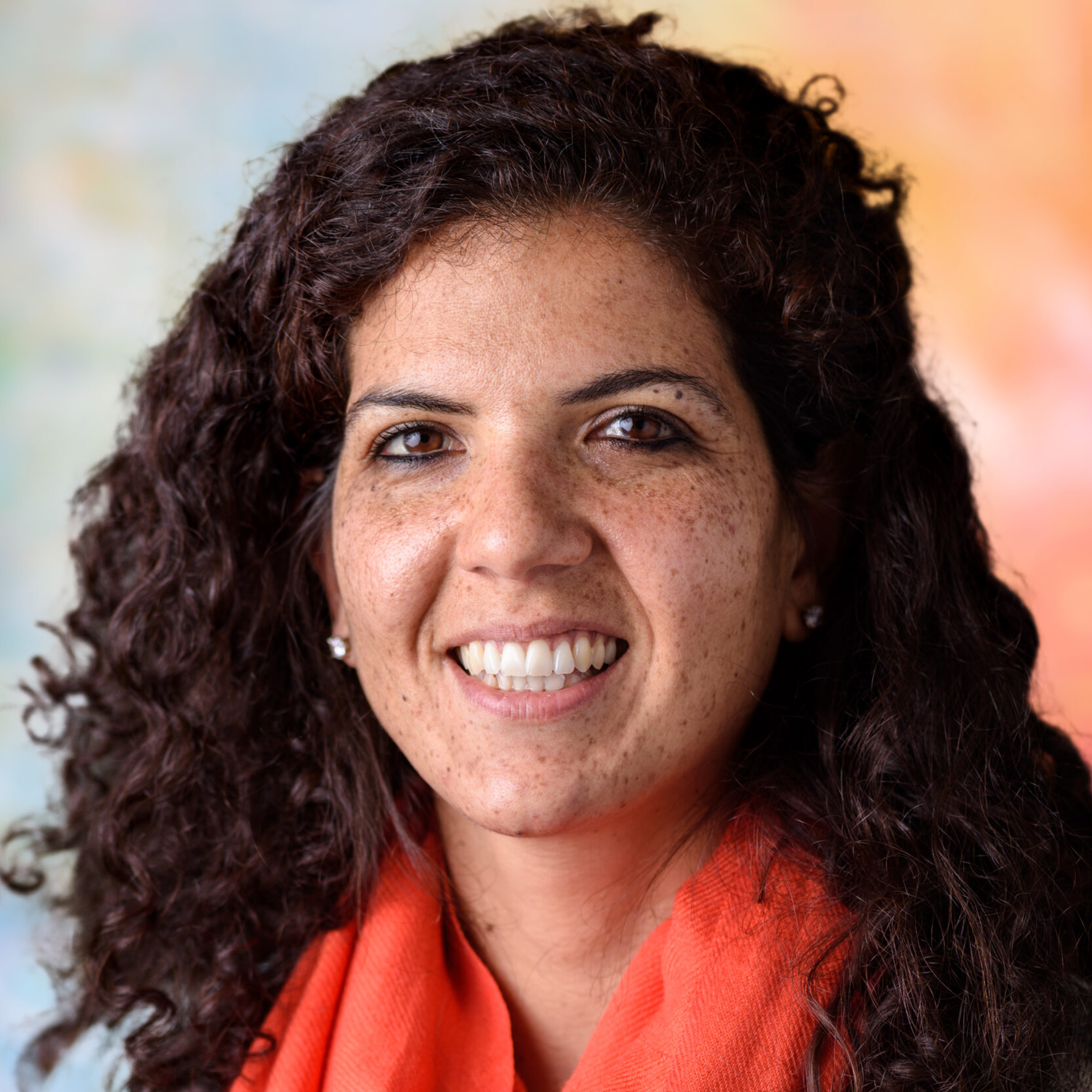Design for Intercultural Conversations Through Evocative Objects
Keywords: Intercultural Communication, Intercultural Skills, Cross-cultural Teams, Workshop Design, Experience Design, Evocative Objects, Design for Conversations, Cultural Probes, Collaboration, Trust, Collaborative Teams
Awards: Research & Creative Award 2020, College of Arts, Media & Design, Northeastern University, Outstanding Scholarship – Neurath Award 2020, Northeastern University
This project seeks to create new strategies for productive co-working in cross-cultural teams. The purpose of this thesis is to expose and develop an understanding of the challenges faced on multicultural teams and to design a set of interventions, particularly through evocative objects, conversations, and workshops.

Designing for conversations is a way in which teams of diverse individuals can communicate effectively by building common ground and shared understanding. By assessing and examining these design interventions, this work seeks to expose how they promote awareness, reflection, and respect towards other cultures.

This workshop is rooted in intercultural communication theory, trust-building activities, common ground building techniques, and reliable focused conversation methods.This workshop experience seemed to be an effective design intervention to support openness, intercultural awareness and communication, setting the ground for trust and collaboration to emerge. Designing workshops and designing for intercultural conversations, that incorporate objects as a medium to enhance groups’ openness and awareness, appears to be a way in which teams can begin to embrace diversity and build trust and common ground. Embracing differences among team members and being able to work together toward shared understandings mark an important milestone for reaching team cohesion and collaboration. The impact of this design approach could be even greater if we understand how raising awareness through objects and conversations can be extrapolated into other design interventions for employees to embrace different perspectives. This will support teams in future collaborative activities and projects. A diverse yet collaborative team boosts satisfaction, sense of belonging, and happiness, which in turn leads to increased productivity and performance. Collaborative teams, additionally, increase team trust, creativity, decision-making, and problem-solving. All of these characteristics help intercultural teams to reach greater potential. Hence, I argue that this thesis demonstrated that design can play a significant role in improving group performance by facilitating collaboration within diverse teams.
To learn more about this project, click here.


